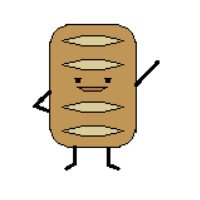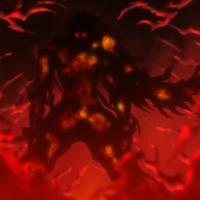Dear programmers,
how can I create a new List?
error: java.util.List is abstract; cannot be instantiated
I know that it means, that I can't create an instance like default. But what does abstract mean and how do I have to handle it? German answers are welcome, too.
import greenfoot.*;
import java.io.Serializable;
import java.util.*;
/**
* not finished
*/
public class Save implements Serializable
{
private List<Object>files;
private static final String obPath = "CCE_ProjectFiles_Objects",
nmPath = "CCE_PojectFiles_Names";
private String name;
public Save(String name){
this.name = name;
files = new List();
}
public void addFile(Object file){
files.add(file);
}
public List getFiles(){
return files;
}
public static String getObjectFilePath(){
return obPath;
}
public static String getNameFilePath(){
return nmPath;
}
public void deleteFile(Object delete){
files.remove(delete);
}
public void save(){
Serialization.serialize(this, name);
}
}







